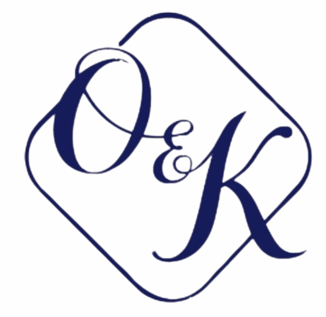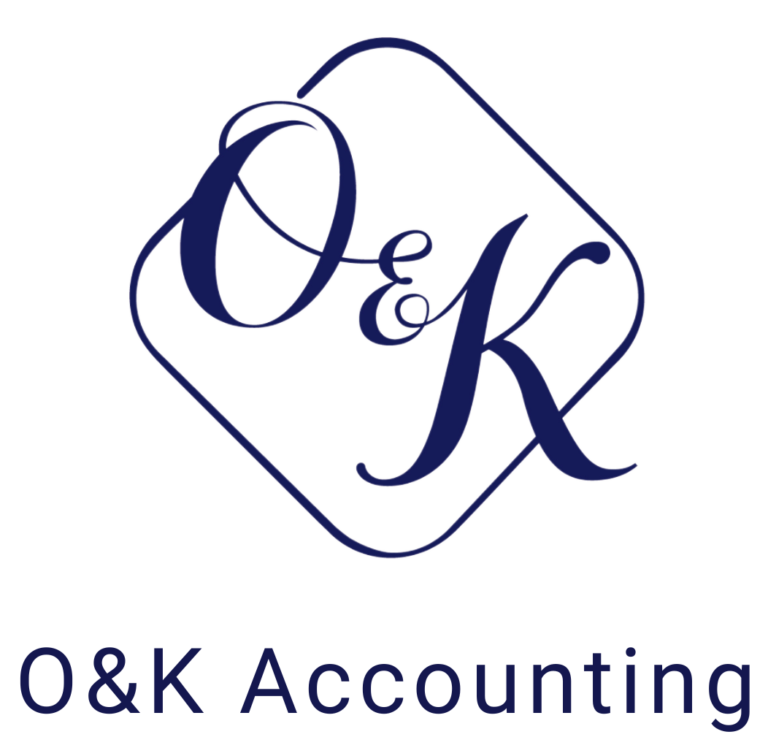Starting a Limited Liability Company (LLC) in Washington State is a smart move for entrepreneurs seeking liability protection and operational flexibility. However, forming an LLC is just the beginning. One of the most important steps after registration is determining whether you need a business license to operate legally. In Washington, most LLCs are required to obtain a business license at both the state and local levels. This article will guide you through the essentials of business licensing for your Washington LLC and help you stay compliant from day one.
What Is a Business License?
A business license is a government-issued authorization that allows you to legally conduct business within a specific jurisdiction. It serves as a way for state and local governments to track business activity, ensure regulatory compliance, and collect taxes. In Washington, obtaining a business license is not optional for most LLCs—it’s a legal requirement that applies to nearly all industries and business types.
State Business License Requirements in Washington
In Washington State, the Department of Revenue (DOR) oversees the issuance of state-level business licenses. If your LLC meets any of the following criteria, you are required to apply for a Washington State business license:
- Your business grosses more than $12,000 per year
- You plan to hire employees within the next 90 days
- You sell a product or service subject to sales tax
- You operate under a name different from your full legal name
- You are required to pay state taxes or fees
Even if your LLC is newly formed and not yet generating revenue, it’s wise to apply for a business license early to avoid delays in operations or compliance issues.

How to Apply for a Washington Business License
Applying for a business license in Washington is a straightforward process. You can complete the application online through the Washington Department of Revenue’s Business Licensing Service (BLS). The application will ask for basic information about your LLC, including:
- Business name and Unified Business Identifier (UBI) number
- Physical and mailing addresses
- Ownership structure and member details
- Description of business activities
- Estimated gross revenue and number of employees
The standard filing fee for a Washington State business license is $90. Additional fees may apply if your business requires specialty endorsements or operates in certain industries.
Local Business License Requirements
In addition to the state license, many cities and counties in Washington require a local license. For example, if your LLC operates in Seattle, Spokane, Tacoma, or Bellevue, you must register with the city and pay any applicable local fees. Each municipality has its own licensing process, renewal schedule, and fee structure.
Failing to obtain a local business license can result in fines, penalties, or even the suspension of your business activities. It’s essential to check with your city or county government to determine what local licenses or permits are required for your LLC.
Industry-Specific Licenses and Endorsements
Depending on your industry, your Washington LLC may also need additional licenses or endorsements. Common examples include:
- Food service permits for restaurants or catering businesses
- Contractor licenses for construction-related services
- Professional licenses for accountants, cosmetologists, or real estate agents
These endorsements are often issued by state agencies or boards and may require additional applications, fees, and certifications.
Renewing Your Business License
Washington State business licenses must be renewed annually. The Department of Revenue will send a renewal notice before your license expires. Failing to renew on time can result in late fees or the cancellation of your license, which could disrupt your operations.
Conclusion
Yes, you do need a license for your Washington LLC in most cases. Whether you’re selling products, offering services, or hiring employees, obtaining the proper licenses ensures your business is legally compliant and ready to operate. From state registration to local permits and industry-specific endorsements, understanding your licensing obligations is a critical step in building a successful and sustainable business in Washington.




